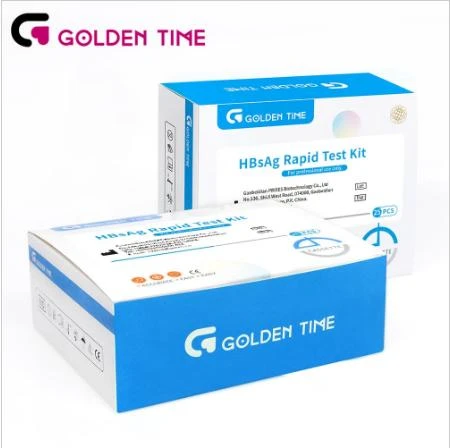નવેમ્બર . 10, 2024 17:29 Back to list
COVID-19 Antibody Testing for SARS-CoV-2 Detection and Immunity Assessment
Understanding the SARS-CoV-2 Antibody Test Insights and Implications
The SARS-CoV-2 antibody test is a crucial tool in the global response to the COVID-19 pandemic. As the world continues to grapple with the effects of the virus, understanding the significance of antibody testing is vital for public health strategies, individual health decisions, and future vaccination efforts.
Antibodies are proteins produced by the immune system in response to pathogens like viruses. When a person is infected with SARS-CoV-2, the virus responsible for COVID-19, their immune system mounts a response, leading to the production of antibodies specific to the virus. The presence of these antibodies can indicate either past infection or the immune response elicited by vaccination.
Understanding the SARS-CoV-2 Antibody Test Insights and Implications
One of the primary purposes of antibody testing is to determine if a person has been previously infected with SARS-CoV-2, even if they did not experience symptoms. Identifying individuals who have developed antibodies can help health officials gauge the prevalence of the virus in a community, inform decisions on public health measures, and support efforts to achieve herd immunity.
sars - cov 2 antibody test

Moreover, antibody tests can play a significant role in vaccination strategies. Understanding who has already been exposed to the virus could inform vaccine distribution priorities. For instance, individuals with detectable antibodies may require different vaccination protocols than those who have never been infected.
However, the interpretation of antibody test results is complex. One challenge is that not all antibody tests are created equal. The accuracy and reliability of these tests can vary significantly, with some having higher rates of false positives or false negatives. Consequently, health authorities emphasize the importance of using tests that have received emergency use authorization or have been validated through rigorous clinical trials.
Additionally, the presence of antibodies does not necessarily confer long-lasting immunity. Research is ongoing to determine how long antibodies remain detectable after infection or vaccination and whether they provide full protection against reinfection. Early studies suggest that antibody levels might decrease over time, potentially leading to concerns about waning immunity, particularly in the context of emerging variants of the virus.
Furthermore, societal implications arise from the results of antibody tests. Individuals with a positive antibody test might perceive themselves as immune, which could lead to riskier behaviors, including neglecting public health guidelines. It is crucial to communicate that a positive antibody test does not guarantee immunity or that they cannot transmit the virus to others.
In conclusion, the SARS-CoV-2 antibody test is a powerful tool that provides important insights into the immune response to COVID-19. It offers a window into past infections and informs current vaccination strategies. However, understanding the limitations and implications of these tests is essential. As science continues to evolve and our understanding of SARS-CoV-2 deepens, antibody testing will remain a vital component in our collective fight against the pandemic, guiding policy decisions and helping individuals make informed health choices. As efforts continue to control the spread of COVID-19, staying informed about the developments in antibody testing will be crucial for everyone.
-
Accurate HCG Pregnancy Test Strips | Fast Home Use Kit
NewsJul.31,2025
-
Reliable Early Pregnancy Test Kit Supplier - Multi Plastic Cassette Options
NewsJul.30,2025
-
Transferrin Rapid Test Cassette – Reliable Tumor Marker Detection
NewsJul.29,2025
-
Accurate Follicle Stimulating Hormone Test Kit | Rapid Reliable Results
NewsJul.29,2025
-
High Accuracy LH Ovulation Test Kit - Digital Results & Wholesale Options
NewsJul.29,2025
-
HbsAg Blood Rapid Test Kit for Fast & Accurate Hepatitis B Detection
NewsJul.28,2025

